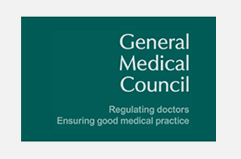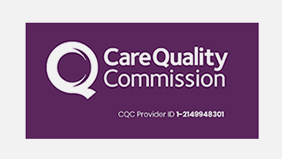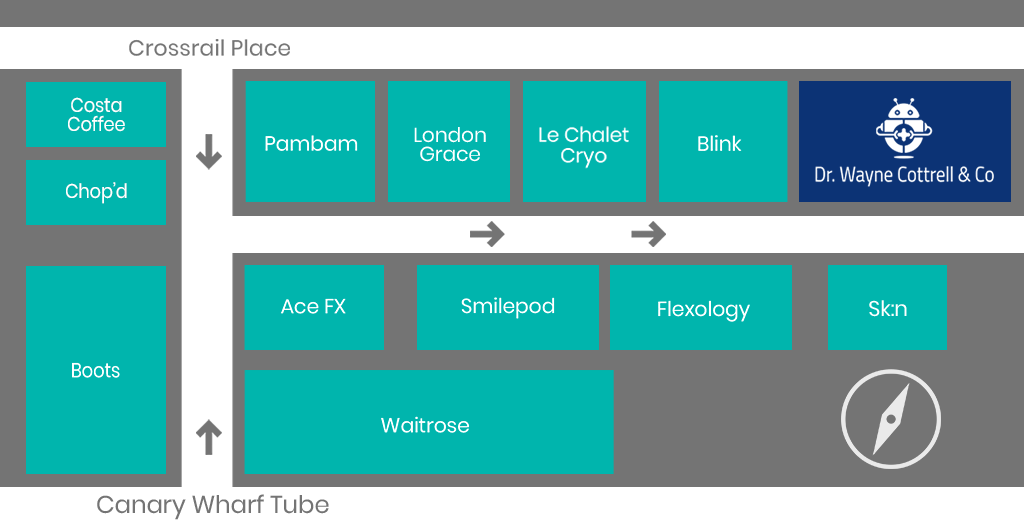Your Private GP and Sexual Health Clinic in Canary Wharf
Syphilis is becoming more prevalent again
- Caused by infection with the Treponema pallidum bacteria passed on through sexual contact
- Can also be transmitted from mother to child during pregnancy
- Several different stages of syphilis, early (primary, secondary and latent) and tertiary syphilis, depending on how long the person has been infected for
- Syphilis can cause serious complications and needs to be treated
- The earlier it is treated the easier it is to eradicate the infection
Primary, secondary and latent
- The first symptom is usually a solitary, usually painless ulcer on genitals or mouth (chancre) which typically appears about 3 weeks post contact
- This usually resolves over 3- 8 weeks
- If this is missed it will progress to secondary syphilis
- About 1-3 months after the chancre appears, it spreads through the body
- Widespread mucocutaneous rash, usually non itchy and also visible on palms and soles
- Condylomata lata around anus, perineum
- During primary and secondary syphilis, people are highly infectious
- Secondary syphilis symptoms usually resolve in 3 months after which patients enter the latent phase
- During this stage people are not infectious but there can be reactivation of secondary disease in a quarter of patients
Tertiary
- Develops in a about a third of untreated syphilis patients
- 20-40 years after initial infection
- Divided into gummatous, cardiovascular and neurological complications
Testing and Treatment
- Blood tests or PCR swab from infected lesion
- Penicillin injection, the number of injections will depend on the stage of the disease you are in
- Further treatment may be required, if you have had the infection for a long period of time
- Oral antibiotics for patients with penicillin allergy
Dr Wayne Cottrell will be back in the clinic from 18 October and the clinic will be open every weekday from that date









